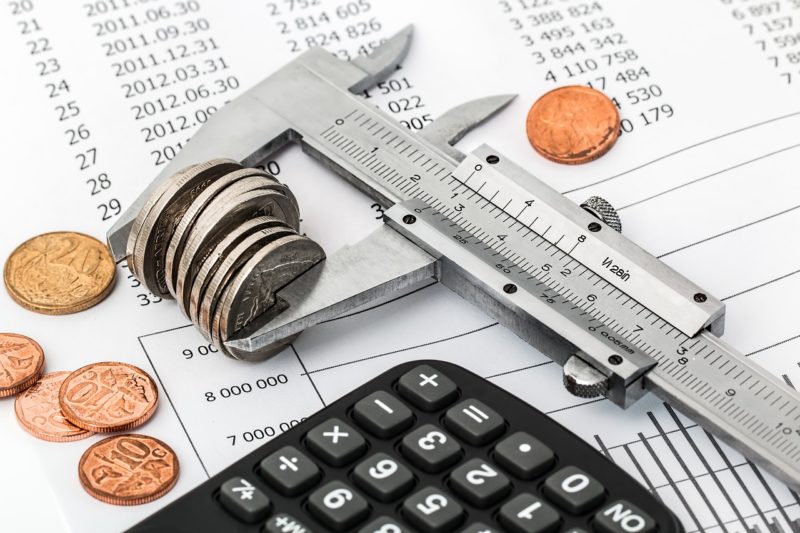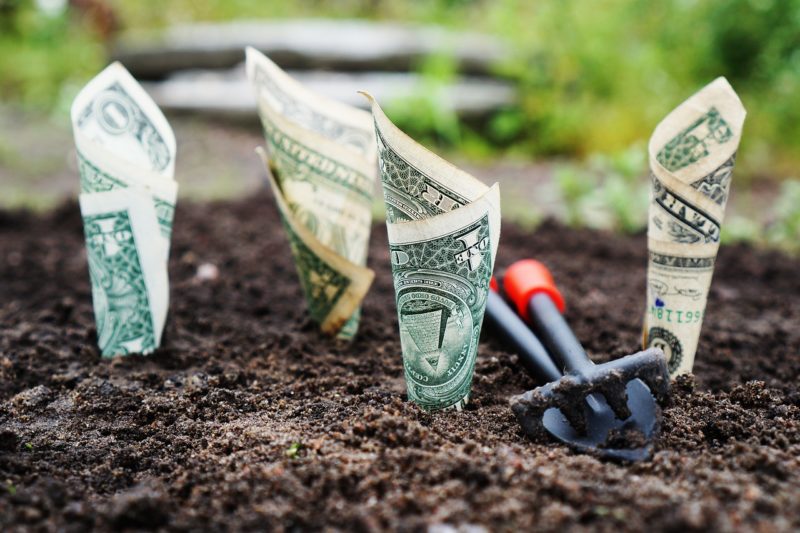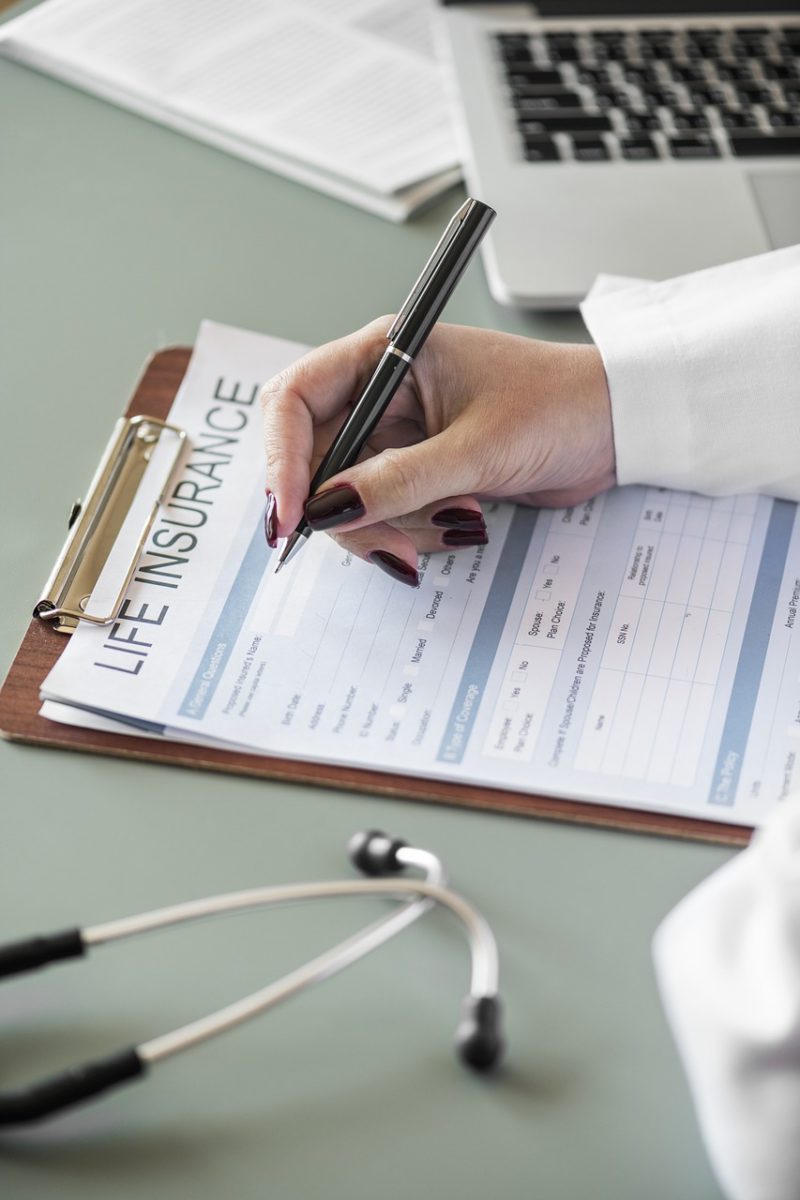Protecting your financial future
If you want to be financially comfortable in life, then the single most important thing you can do is plan. It’s all too easy to let money slip through your fingers if you’re not paying attention. Of course there are essentials that you will always need to spend on – food, accommodation, fuel bills and so forth – and it’s reasonable to treat yourself to a few little extras, but you should always be trying to put some money aside for the future. By being smart about what you spend it on you can really make a difference to your prospects.
Creating a rainy day fund
The very first thing you should do when you have enough to put aside is to create a rainy day fund so that you’ll be able to cope in the event of an emergency. Think about the expenses you might suddenly find yourself liable for if something went wrong and consider how you would get by if you fell ill or lost your job. Having some money you can draw on up front in situations like this means you won’t need to borrow, which always adds to the overall cost. It will mean you’re able to respond more quickly to problems, which can also cut your overall costs.
Home warranty
The single biggest asset most people possess is the place where they live. If a serious problem were to develop with your home, what kind of loss could it mean for you? Make sure you get your options for coverage explained and find a home warranty coverage solution that’s practical and affordable for you. You’ll often get lower premiums if your home is in good condition and ensuring that you look after it well is also important to protecting your investment. With sufficient care, the average home should increase in value over time compared to other necessities, putting you in a good position when you eventually want to sell, pass it on to your children or use it to finance your retirement. Make sure you get your options for coverage explained and find a home warranty coverage solution that’s practical and affordable for you.
Paying off debt
One of the biggest ongoing expenses most people face is clearing their debt. While that might not seem so bad if the debt has been accrued by buying things you needed and continue to use, keep in mind that a lot of the money you pay out will actually be going on interest. Often, it’s not necessary to spend so much. Consolidating your debt into a single loan means you’re likely to pay a lot less interest overall. It’s also less hassle for you because you’ll only have a single creditor to deal with. You should also work on drawing up a budget so that you can put some money into paying off your debt every month. Even if this means cutting back a bit in the immediate term, it will put you in a much stronger position going forward.
Saving and investing
What happens if you don’t have debt, or once you’ve cleared it? Putting money aside is no longer so urgent but you should work seriously to build up some savings. Aim to have enough money to pay for essentials for six months. This is money that you’ll want to be able to access fairly quickly in an emergency. Any further money can be invested so that it gradually grows over time, increasing your security and your future options. Don’t invest all of your money in one thing but spread it out over different sectors, regions and asset types in order to reduce the risk of losses occurring due to economic problems over which you have little control.
Getting smart about health
The single biggest cause of financial problems for Americans who have done all they can to manage their finances carefully is health trouble. Health insurance policies vary a lot more than you might realize so if you’re choosing for yourself you should be careful to make sure what’s covered, especially if you have a family history of particular illnesses. You can also improve your long-term financial future simply by taking care of yourself, keeping fit, eating a healthy diet and properly investigating any suspected ailments so they can be treated quickly, which generally makes them easier (and cheaper) to deal with.
Taking control of your financial future like this means you’ll have much better options available to you as you get older, and far less to worry about. You can be much more confident of maintaining the standard of living that you enjoy today and gradually making it better.














